De Wever's government has won the confidence of the Belgian House of Representatives.. The ruling party has backed down on its refusal to wear the headscarf among civil servants

- Europe and Arabs
- Friday , 7 February 2025 9:45 AM GMT
Brussels: Europe and the Arabs
After more than 40 hours of debate, the House of Representatives gave confidence to the government of Prime Minister Bart De Wever of the Flemish Alliance (N-VA) party on Friday morning. 81 members of parliament voted in favor of the decision, while 66 voted against, and no one abstained.
De Wever's government received the confidence of the members of parliament from the majority parties, namely the Flemish Alliance, the Flemish Christian Democrats, the Walloon Liberal Reform and the Walloon Christian Party.
The opposition parties voted against the decision, namely the far-right Vlaams Belang, the Walloon Socialists, the Greens, the Flemish Liberals and the Left Action Party.
The discussion of the government statement began at 10 a.m. on Wednesday with interventions from each faction. Due to numerous interruptions, this part of the discussion continued until noon on Thursday.
De Wever was only able to respond to parliament after 28 hours, after which the substantive discussions began, in which each minister was questioned on a topic-by-topic basis. Questions were directed to all ministers, except for SME Minister Éléonore Simonet (MR). She was supposed to be the last to speak after two hours, but the questioners withdrew their questions. The vote of confidence was originally scheduled for 4:30 p.m. on Thursday, but was eventually held before 2:30 a.m. on Friday. "It took a long time, tonight too. But it happened anyway," said House Speaker Pieter De Roover (N-VA) at the end of the session.
Under the title "De Wever government wants to allow headscarves for civil servants" came the statement of the far-right Vlaams Belang party, a copy of which we received, stating that for the De Wever government, neutral services by civil servants are perfectly possible with headscarves. This came during the marathon session in the House of Representatives discussing the coalition agreement. "Another point in the program that the New Flemish Alliance seems to have thrown into the sea without batting an eyelid," says Vlaams Belang MP Frank Troosters.
The coalition agreement stipulates that a "dress code" will be introduced regarding the neutrality of services provided by civil servants. "But as with many provisions of the coalition agreement, it is very vague," said Troosters. However, some clarity emerged today in the House of Representatives during the long debate on the coalition agreement. CD&V faction leader Nathalie Muylle is very clear: "A neutral service can be very well served with a headscarf." However, the N-VA website clearly states: "We call for an absolute ban on philosophical or political symbols in the civil service in Flanders." "First call, then withdraw." "Here too, the Flemish National Alliance has surrendered to the dictates of left-wing parties such as Vooruit and the CD&V," Troosters concludes. "The fact that the De Wever government has given the Islamic headscarf - a symbol of oppression and unwillingness to integrate - a permanent place within the civil service is unacceptable to the Vlaams Belang." Last Monday, the entire new Belgian government was sworn in by King Philippe at the Royal Palace in Brussels, and then took part in the traditional group photo. Bart De Wever was sworn in as prime minister in the three Flemish national languages: Dutch, French and German. All deputy prime ministers were sworn in in French and Dutch. The other ministers chose their own language, with the exception of Éléonore Simonet of the Francophone Liberal Party (MR), who spoke both French and Dutch.
Prime Minister Bart De Wever has fourteen ministers in his government. It is evenly divided between Dutch and French speakers. His party, the Flemish Alliance of the N-VA, has three ministers, while the Flemish Socialist Vooruit and the Flemish Christian Democrats CD&V each have two portfolios. On the Walloon side, the Francophone Christian Social Party Les Engagés has three ministers, while the Francophone Liberal Party MR of Georges-Louis Bouchez has four ministers.
The media pointed to the criticism of some due to the decline in the share of women in ministerial positions in the current government. This was commented on by Prime Minister Bart De Wever, who said that the selection of the figures participating in the government is not my responsibility, but rather the choice of the parties, as they are the ones who submit the names to me, and I cannot object to the presence of a man or a woman. The newly appointed Minister of Justice, Annelies Verlinden, commented by emphasizing her regret that the basic formation of the new government consists mostly of men.


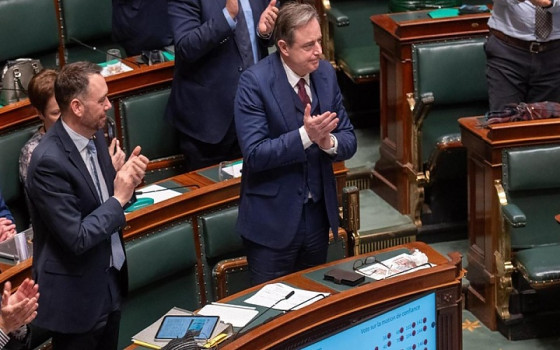
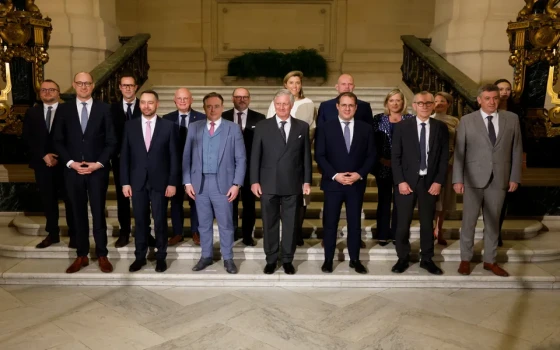

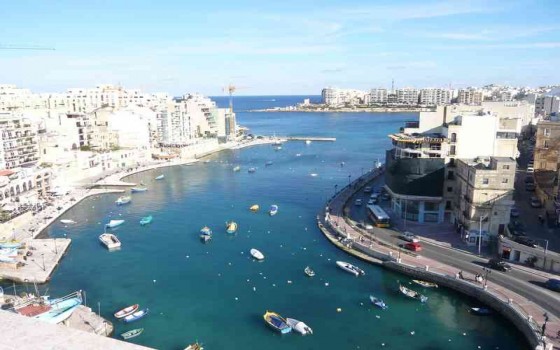



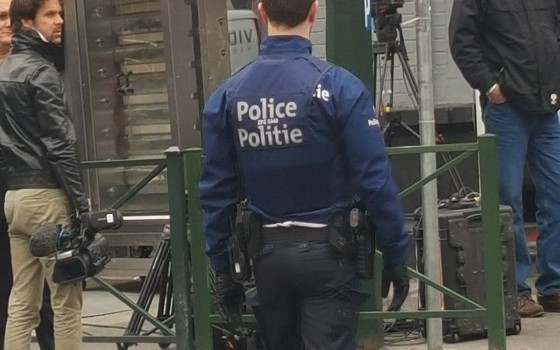
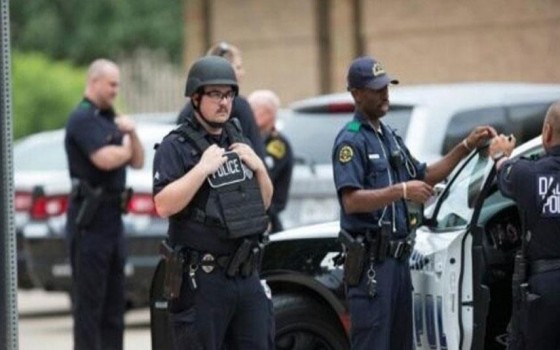
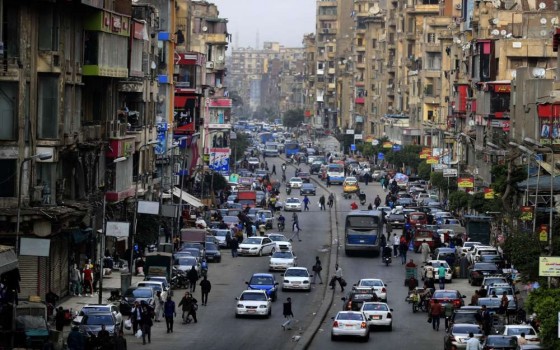
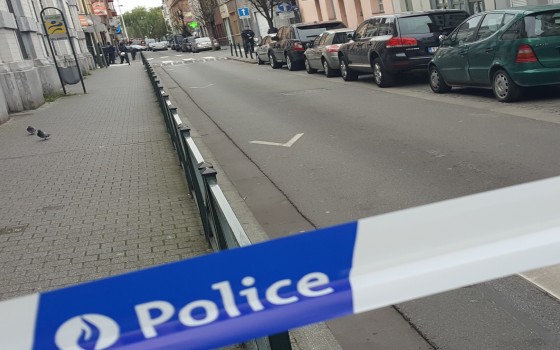

No Comments Found